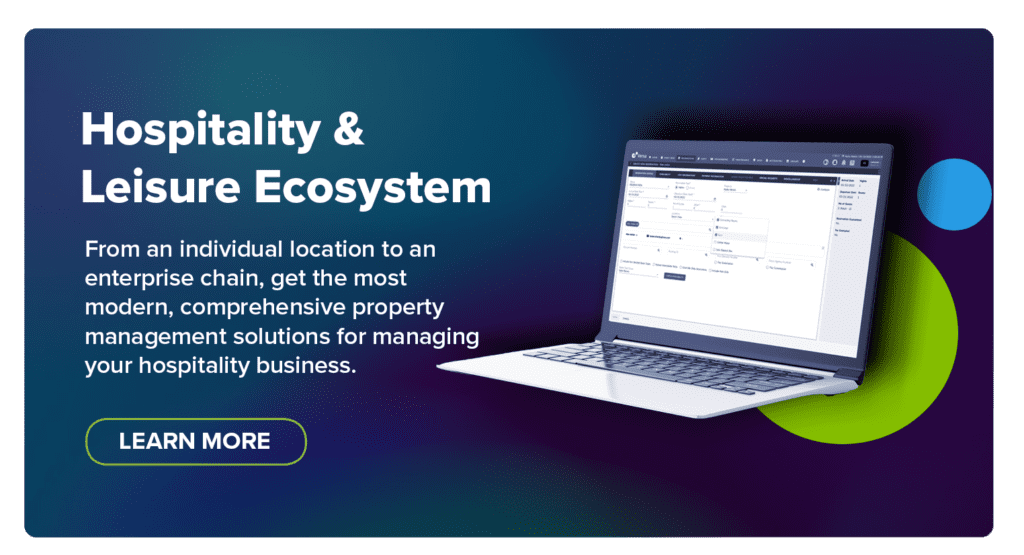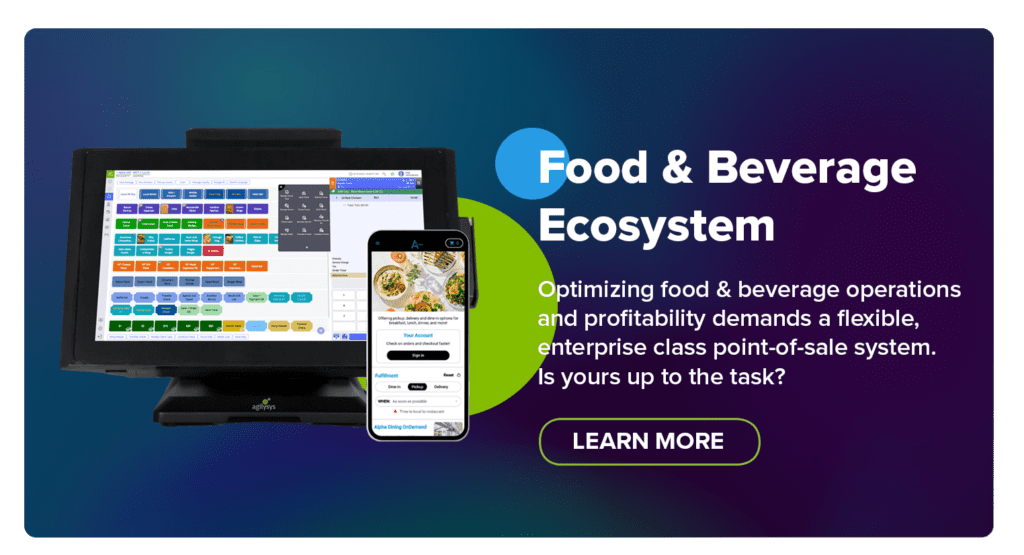
In the competitive landscape of the hospitality industry, effective rate management is essential for hotels and resorts seeking to maximize revenue, optimize occupancy levels, and enhance profitability. From setting competitive room rates to implementing dynamic pricing strategies, rate management plays a pivotal role in driving financial success and maintaining a competitive edge in the market. In this article, we will explore why rate management is crucial for hotels and resorts and provide insights into how to improve it.

Revenue Optimization:
At the heart of rate management lies the goal of revenue optimization. By strategically adjusting room rates based on demand, seasonality, market trends, and competitor pricing, hotels and resorts can maximize revenue while ensuring optimal occupancy levels. A dynamic pricing approach allows properties to capitalize on fluctuations in demand and adjust rates in real-time to meet revenue targets and achieve profitability goals.
Competitive Positioning:
In today’s digital marketplace, consumers have access to a wealth of information and options when booking accommodations. Effective rate management enables hotels and resorts to maintain a competitive position by offering attractive rates that appeal to price-sensitive travelers while still delivering value and quality. By monitoring competitor pricing and market trends, properties can adjust their rates accordingly to stay ahead of the competition and attract more guests.
Demand Forecasting:
Accurately forecasting demand is critical for effective rate management. By leveraging historical data, booking trends, and market insights, hotels and resorts can anticipate future demand fluctuations and adjust rates proactively to capitalize on opportunities and mitigate risks. Advanced forecasting tools and analytics empower properties to make data-driven decisions and optimize pricing strategies for maximum revenue potential.

Seasonality and Events:
Seasonality and special events have a significant impact on demand and pricing dynamics in the hospitality industry. Rate management involves identifying peak periods, such as holidays, festivals, conferences, and local events, and adjusting rates accordingly to capture increased demand and maximize revenue. By implementing dynamic pricing strategies based on seasonality and events, hotels and resorts can optimize occupancy levels and generate higher revenue during peak periods.
Distribution Channels:
Effective rate management extends beyond setting room rates to encompass distribution channel management. Hotels and resorts must carefully evaluate and optimize their distribution channels to reach target markets and maximize exposure. By leveraging online travel agencies (OTAs), global distribution systems (GDS), direct booking channels, and metasearch platforms, properties can expand their reach and attract a diverse range of travelers while maintaining control over pricing and inventory allocation.
Guest Segmentation:
Understanding guest segments and their booking behaviors is essential for tailoring pricing strategies and maximizing revenue. By segmenting guests based on demographics, booking preferences, loyalty status, and other factors, hotels and resorts can customize rates and promotional offers to appeal to different market segments effectively. Personalized pricing strategies can enhance guest satisfaction, drive repeat bookings, and foster long-term loyalty.

Technology Solutions:
The advent of technology has revolutionized rate management practices in the hospitality industry. Today, hotels and resorts have access to a wide range of revenue management systems, channel managers, and pricing optimization tools designed to streamline rate management processes and enhance decision-making capabilities. Automated revenue management solutions leverage algorithms and machine learning to analyze data, predict demand, and recommend optimal pricing strategies in real-time, enabling properties to maximize revenue potential and stay competitive in the market.
Continuous Monitoring and Adaptation:
Rate management is an ongoing process that requires continuous monitoring and adaptation to changing market conditions and guest preferences. Hotels and resorts must regularly review performance metrics, monitor competitor pricing, and assess demand trends to make informed decisions and adjust pricing strategies accordingly. By embracing a proactive approach to rate management and remaining agile in response to market dynamics, properties can optimize revenue generation and achieve sustainable growth over time.
In conclusion, effective rate management is essential for hotels and resorts seeking to maximize revenue, maintain a competitive edge, and achieve long-term success in the hospitality industry. By adopting a strategic approach to rate setting, leveraging technology solutions, and continuously monitoring market trends, properties can optimize pricing strategies, enhance guest satisfaction, and drive financial performance in an increasingly competitive marketplace.